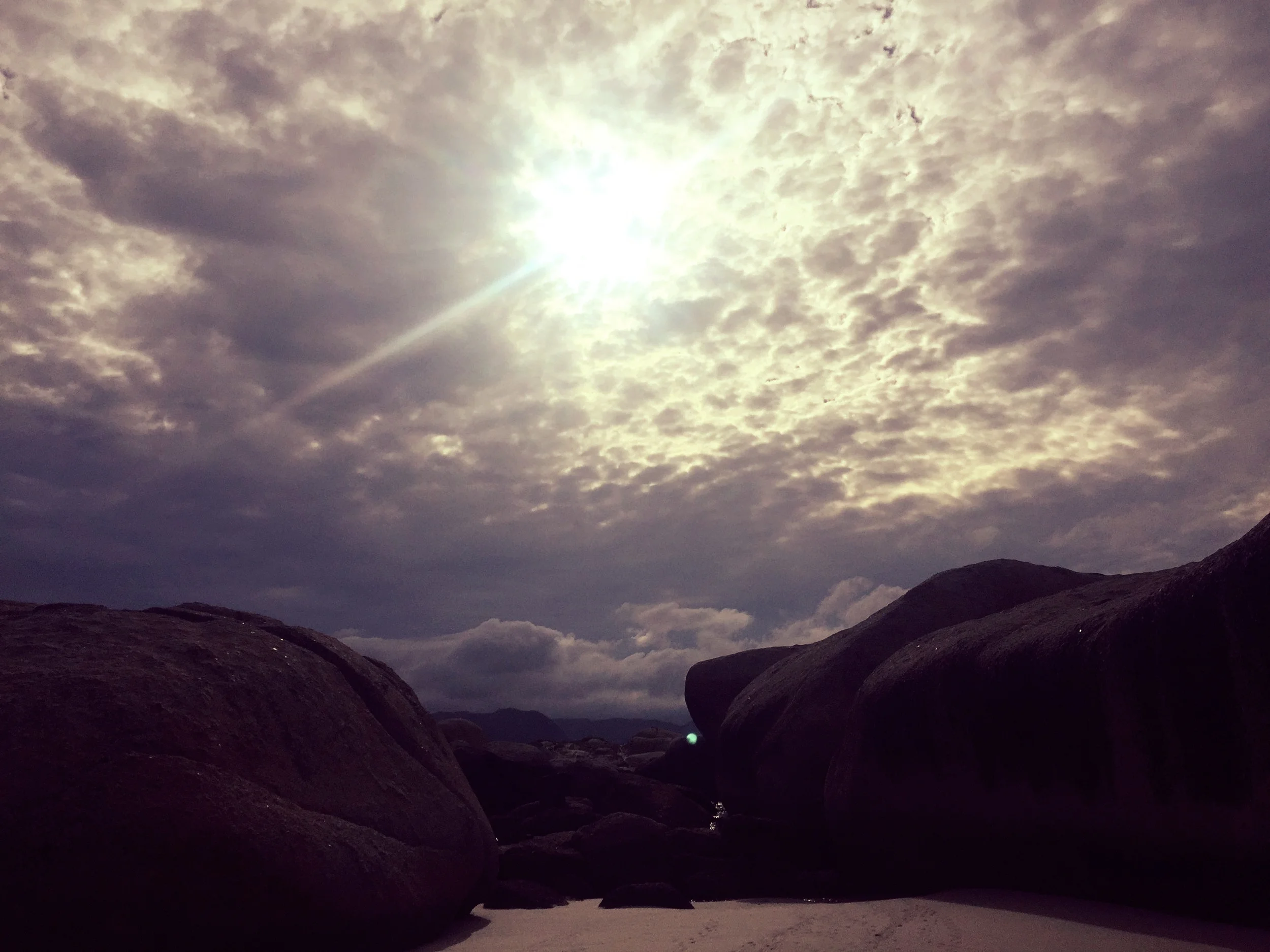Indian Aces: Awareness and "Asexuality 101" in India
Asexual awareness and activism in India has blossomed recently due to the critical work of an organization known as the Indian Aces, which exists as a collective and support group for asexual people in India. Indian Aces was founded by Dr. Pragati Singh, a medical doctor by qualification that has worked in the fields of maternal, child, and reproductive health. Singh founded Indian Aces in 2014, recently presented at the World Association of Sexual Health, and published work on asexuality in the Journal of Sexual Medicine. Singh's work benefits the asexual community overall on multiple fronts, amplifying its existence and validity in everything from formal presentations to facilitating workshops on the subject. The latest demonstration of this work occurred just last month, in which the Indian Aces collective held the 2nd edition of "Asexuality 101" at the HIV/AIDS alliance center in the city of New Delhi, and facilitated a workshop that educated participants on both sexuality and asexuality. Asexuality 101 takes the approach that in order to effectively understand sexuality one must also understand asexuality at an in-depth and meaningful level, stating that the "two form two sides of the same coin."
Photograph from Asexuality 101 showing materials on asexuality distributed during the workshop. (Used with permission from Indian Aces)
The workshop began with an introductory discussion of Dr. Pragati Singh's 8-component model of sexuality, through open discussion and Q&A. Activities were then subsequently used to teach participants how to practically apply this model to real-life situations as well as to understandings surrounding their own sexuality and identity. Asexuality was then introduced and applied to Singh's model in order to debunk many of the widely disseminated myths and misconceptions of asexuality. Furthermore, the workshop utilized both video and audio sources, including interviews with asexual people, in order to provide participants with an asexual perspective. Additionally, participants were familiarized with important aspects of "asexual culture," which included "common inside jokes, symbols, flags" and more. Asexuality 101 concluded with a round of Q&A and a quick recap of the workshop, as well as an exercise to gauge its success.
With this Asexuality 101 workshop, Singh and the Indian Aces collective are breaking new ground in India through creating this space to amplify the existence and validity of asexuality. Since, according to the Indian Aces, "asexuality is possibly the least heard of in the Indian context," which leads to "a gaping lack of awareness around the subject even within LGBTQIA+ activists and leaders," workshops such as Asexuality 101 exist as important and necessary stepping stones to promoting the mainstream inclusion of asexuality both on a societal level as well as within queer spaces in India. Overall, the work of Indian Aces and Singh is important in creating a visible asexual community in India through "generating awareness and receiving new members" into their collective, who then may proceed to further spur asexual awareness and discourse in spaces that were previously "devoid of representation." Through continuing to organize meetups and workshops such as Asexuality 101, as well as manage their online community platform both on social media and via their new website IndianAces.info, the Indian Aces are continuing to advance the position of asexuality as valid and important within India and on an international level.
Source: "Press Release: Asexuality 101, India's first workshops on the subject sees a full-house of participants"






